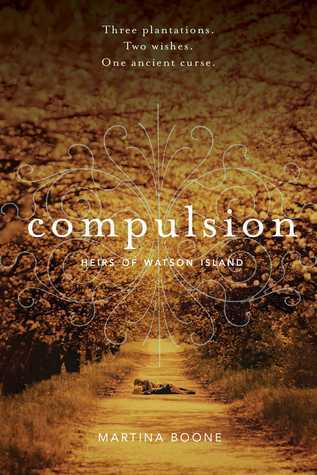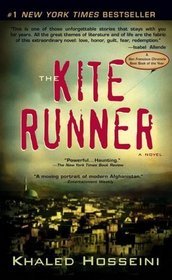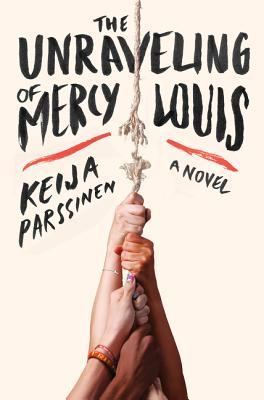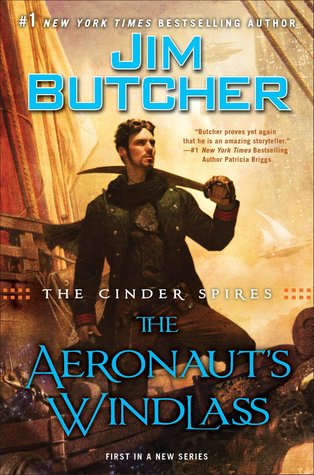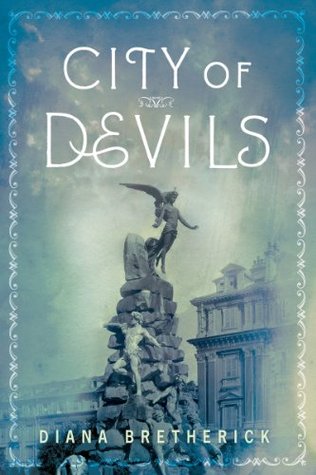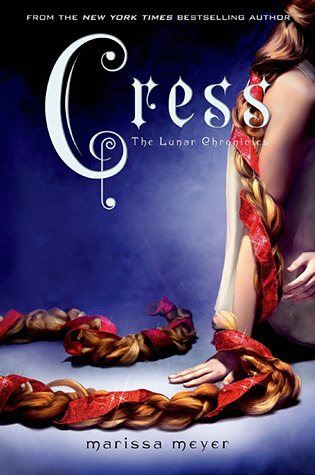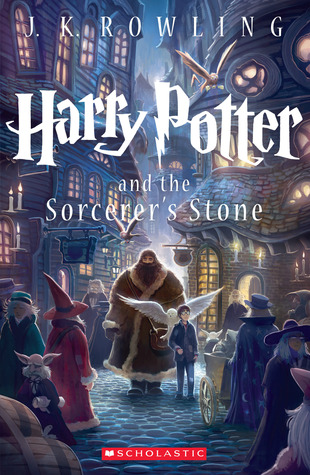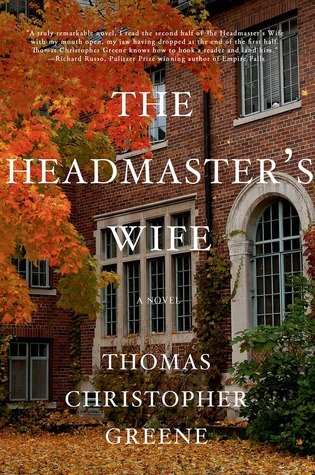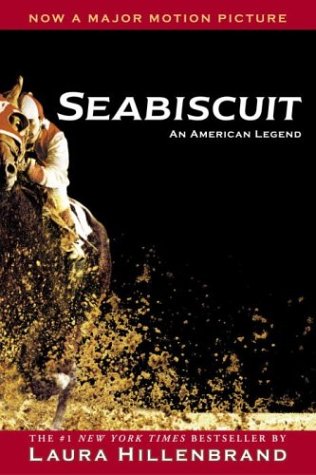 Seabiscuit had been on my to-read list for a while, and relatively toward the top of it because my university's library system had a copy. I requested it, along with a bunch of other books, and took it home. Where it sat. And sat. And sat. At one point, it even ended up in the laundry basket, because I had to move it and that's just where it ended up. And then, of course, it got buried by clothes. It came overdue; I renewed it, but still didn't touch the book to actually read it. And then I came to a realization: I didn't really want to read it at all. This meant, of course, that even though it was numerically high on my to-read list (the books the library has are always numerically high; I sort through them pretty often) it was actually very low on the want-to-read list. Hm. A book at the bottom of your to-read list... Popsugar, is that you? Why yes, it is! When I realized this, I immediately fished the book out and began to read it.
Seabiscuit had been on my to-read list for a while, and relatively toward the top of it because my university's library system had a copy. I requested it, along with a bunch of other books, and took it home. Where it sat. And sat. And sat. At one point, it even ended up in the laundry basket, because I had to move it and that's just where it ended up. And then, of course, it got buried by clothes. It came overdue; I renewed it, but still didn't touch the book to actually read it. And then I came to a realization: I didn't really want to read it at all. This meant, of course, that even though it was numerically high on my to-read list (the books the library has are always numerically high; I sort through them pretty often) it was actually very low on the want-to-read list. Hm. A book at the bottom of your to-read list... Popsugar, is that you? Why yes, it is! When I realized this, I immediately fished the book out and began to read it.Most of the delay is my own fault. After checking Seabiscuit out, I realized I'd been mixing up horse movies the entire time. See, I have a few movie weaknesses: sport movies (Friday Night Lights, Miracle) figure skating movies (Ice Castles, The Cutting Edge, Ice Princess) and horse movies. And I'd been mixing two up! In my head, Seabiscuit had gotten all muddled up with Hidalgo, and after checking the book out I realized that Hidalgo was the movie I'd actually wanted to read. However, Hidalgo isn't a book, and so I was left with Seabiscuit. I started it anyway, because now the book would count for a category of the Popsugar challenge that I hadn't locked down yet. And... I was pleasantly surprised!
Laura Hillenbrand is an excellent writer. That's probably why her two books, Seabiscuit and Unbroken, were both made into movies. She has a way of writing that really makes historical scenes come alive. In Seabiscuit, she follows the horse himself, as well as owner Charles Howard, jockeys Red Pollard and George Woolf, trainer Tom Smith, and some of Seabiscuit's rivals. She follows the threads through all their lives as they come together and move apart, building up the tension of Seabiscuit's wins, losses, injuries, and comebacks. I like horse movies, but I don't actually care one whit about horse racing, and Hillenbrand still managed to keep me riveted even though I knew how the story ended. It's a really good author who can do that, and Hillenbrand definitely managed it. The edition I read was even illustrated, which Hillenbrand apparently really pushed for, so that you could follow the whole saga in pictures. While this made it a rather unwieldy book, one that was definitely suited for the coffee table rather than the bus, I think it was a nice touch overall.
Was this one of my favorite books of nonfiction? No. It wasn't. Nonfiction books that fall onto my favorites list make me think, give me revelations, or bring out something that I never knew before. This didn't do any of those, but that's just the nature of this book. It's not really Hillenbrand's fault, and I think that, if I were really into horse racing or had known even less about the sport, it would have resonated much more with me. I just happened to fall into the part of the spectrum where it didn't have that sort of impact. Still, a very enjoyable book, and I read it over the course of a few lazy evenings. I'd recommend it to someone who's interested in what's probably one of the greatest stories of horse racing, but doesn't feel like slogging through pages and pages of backstory and information in order to do it.
3.5 stars out of 5.
